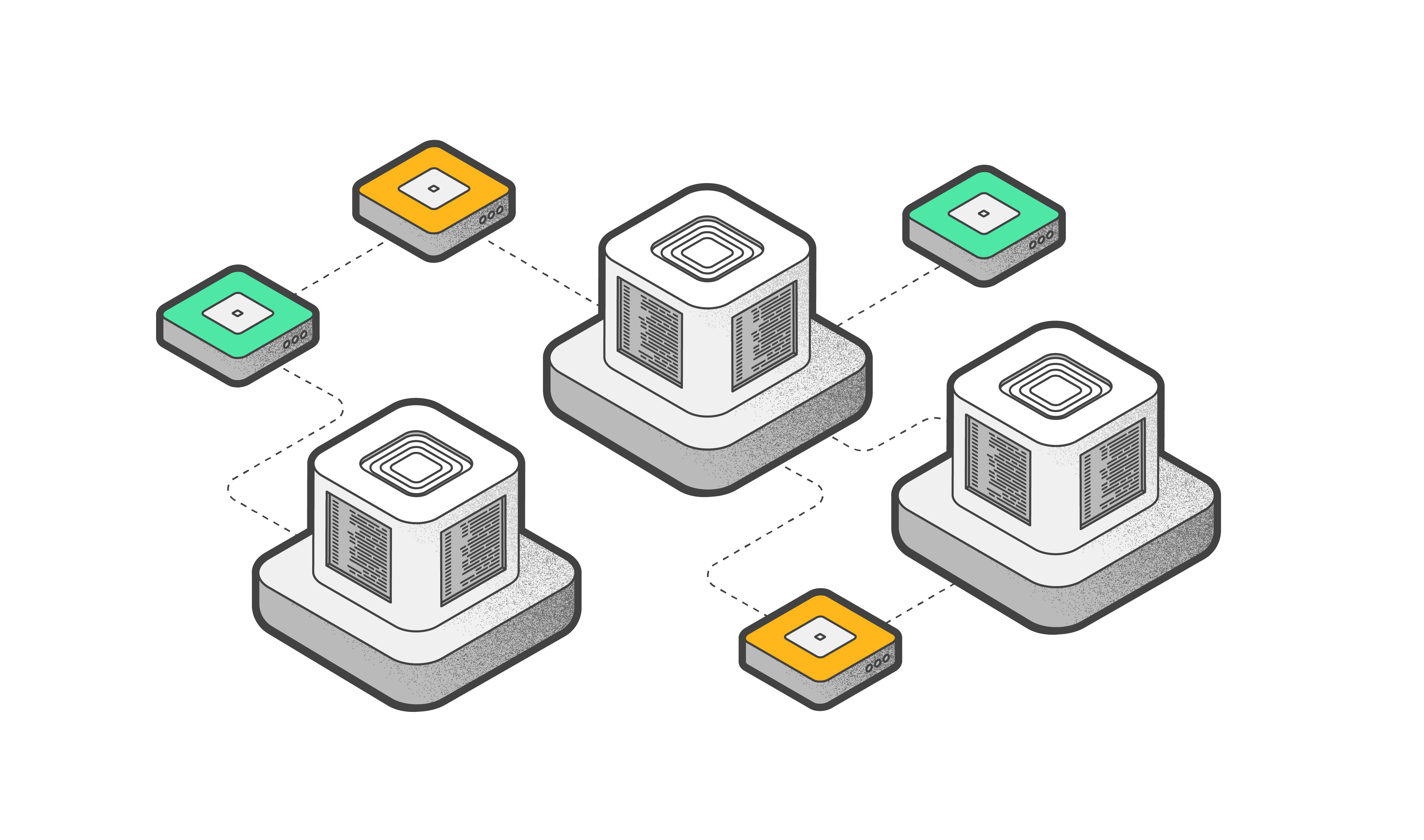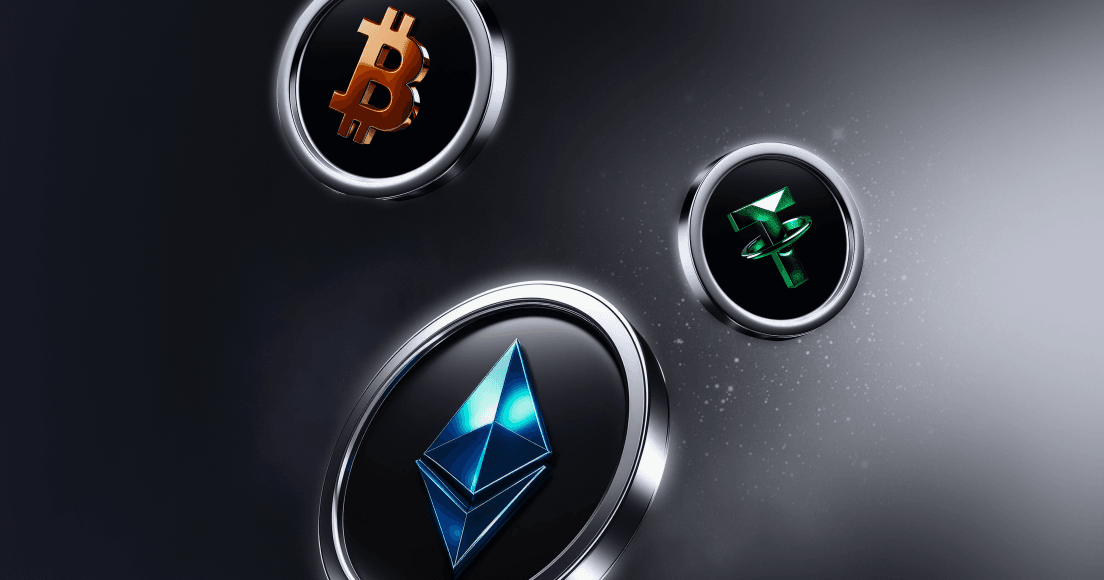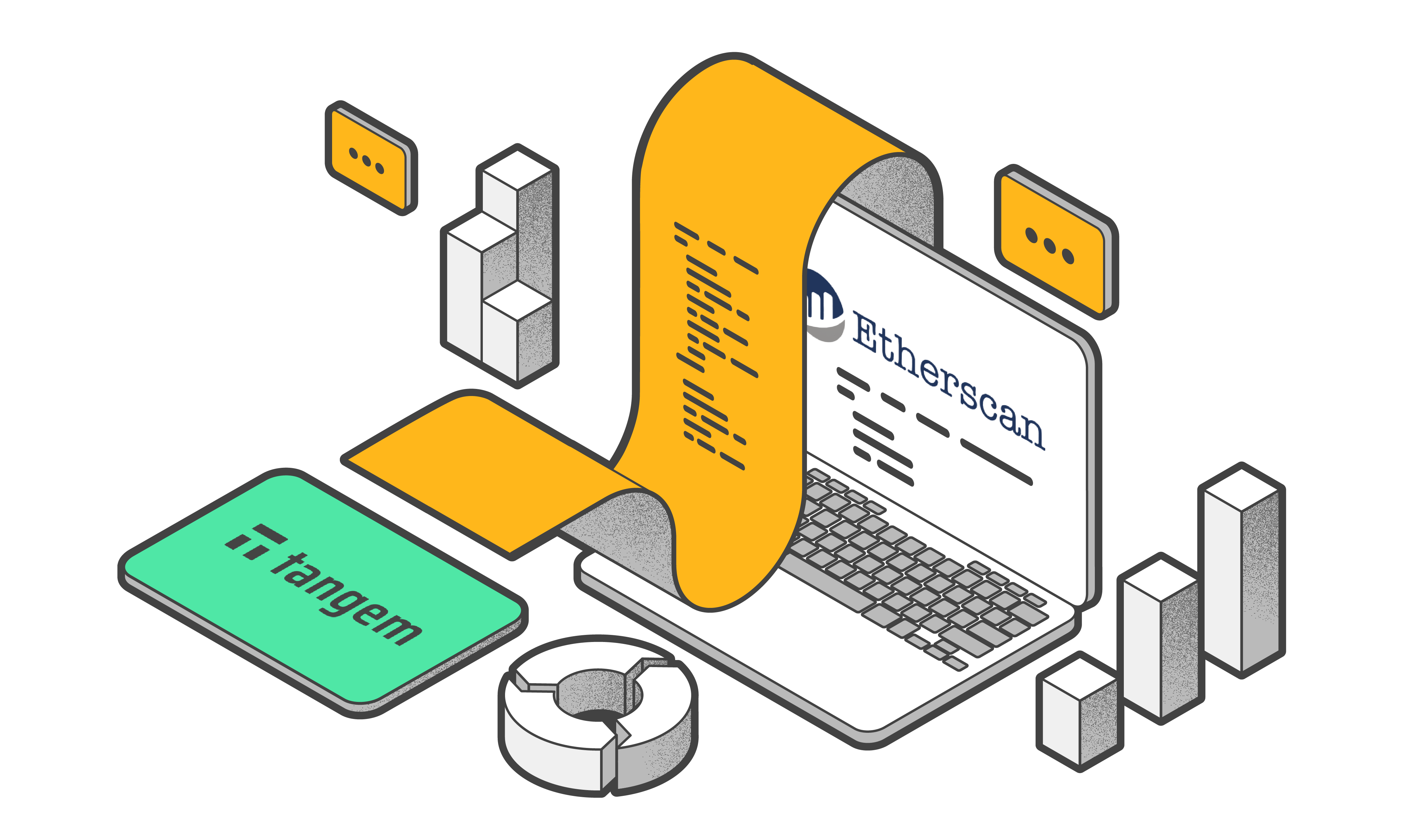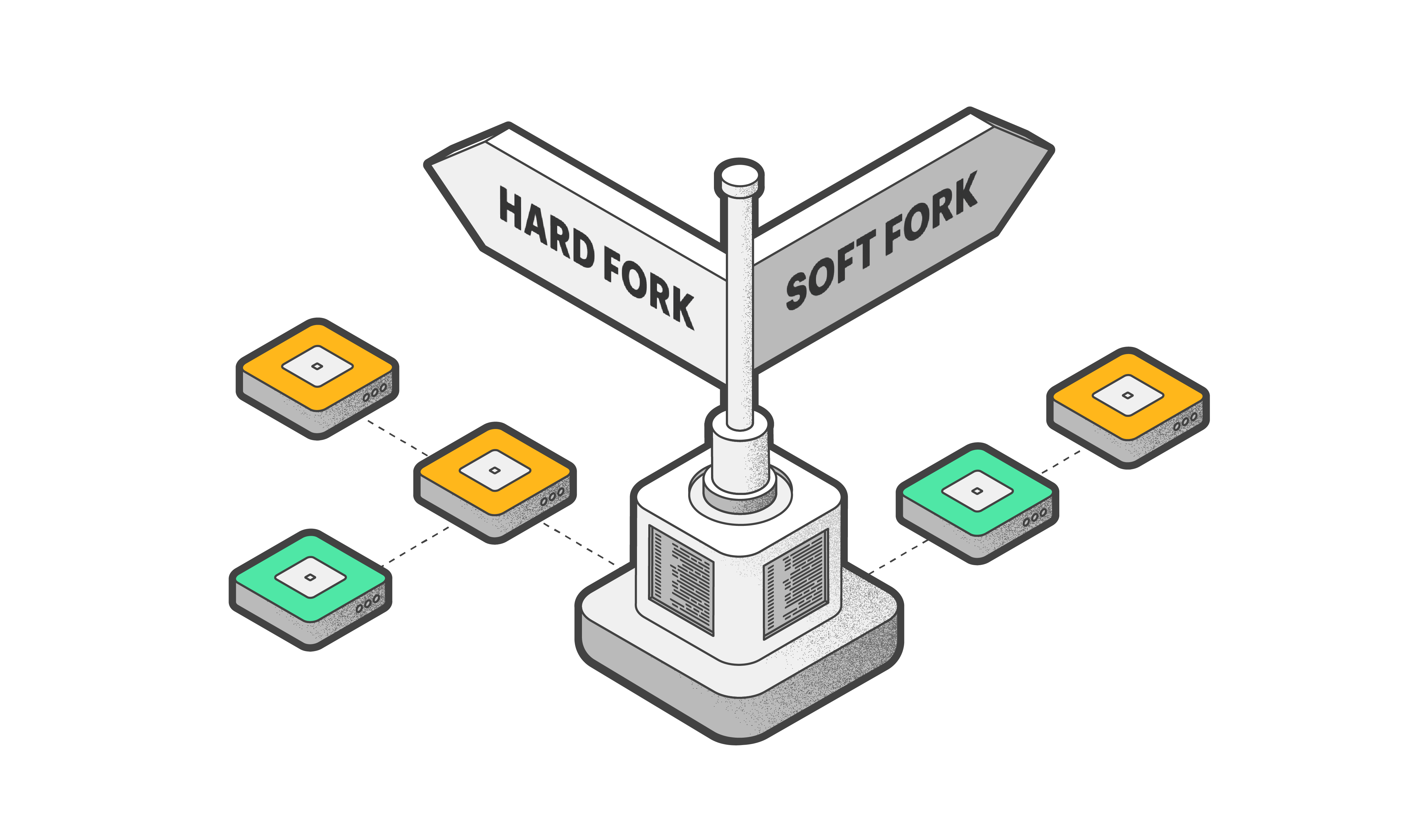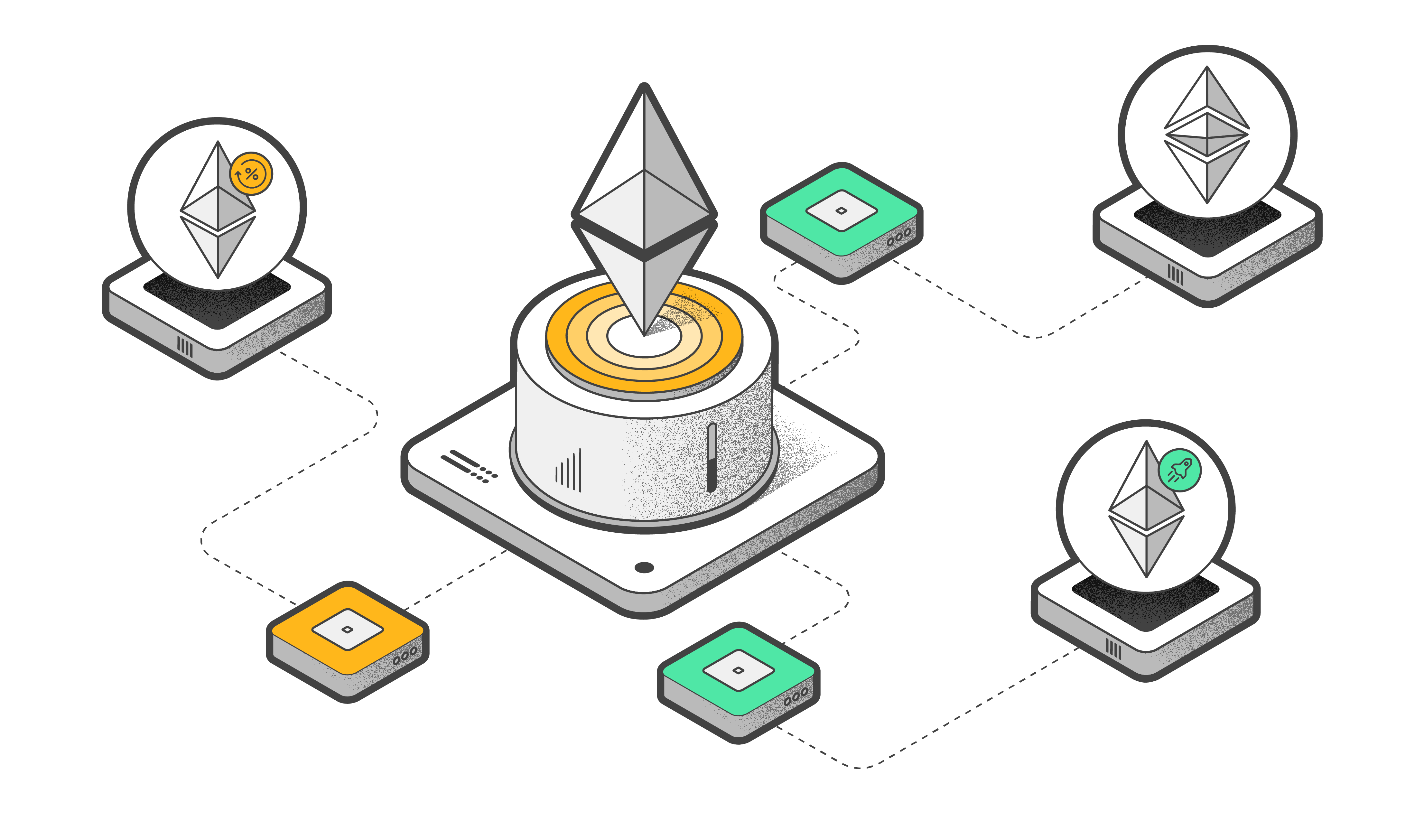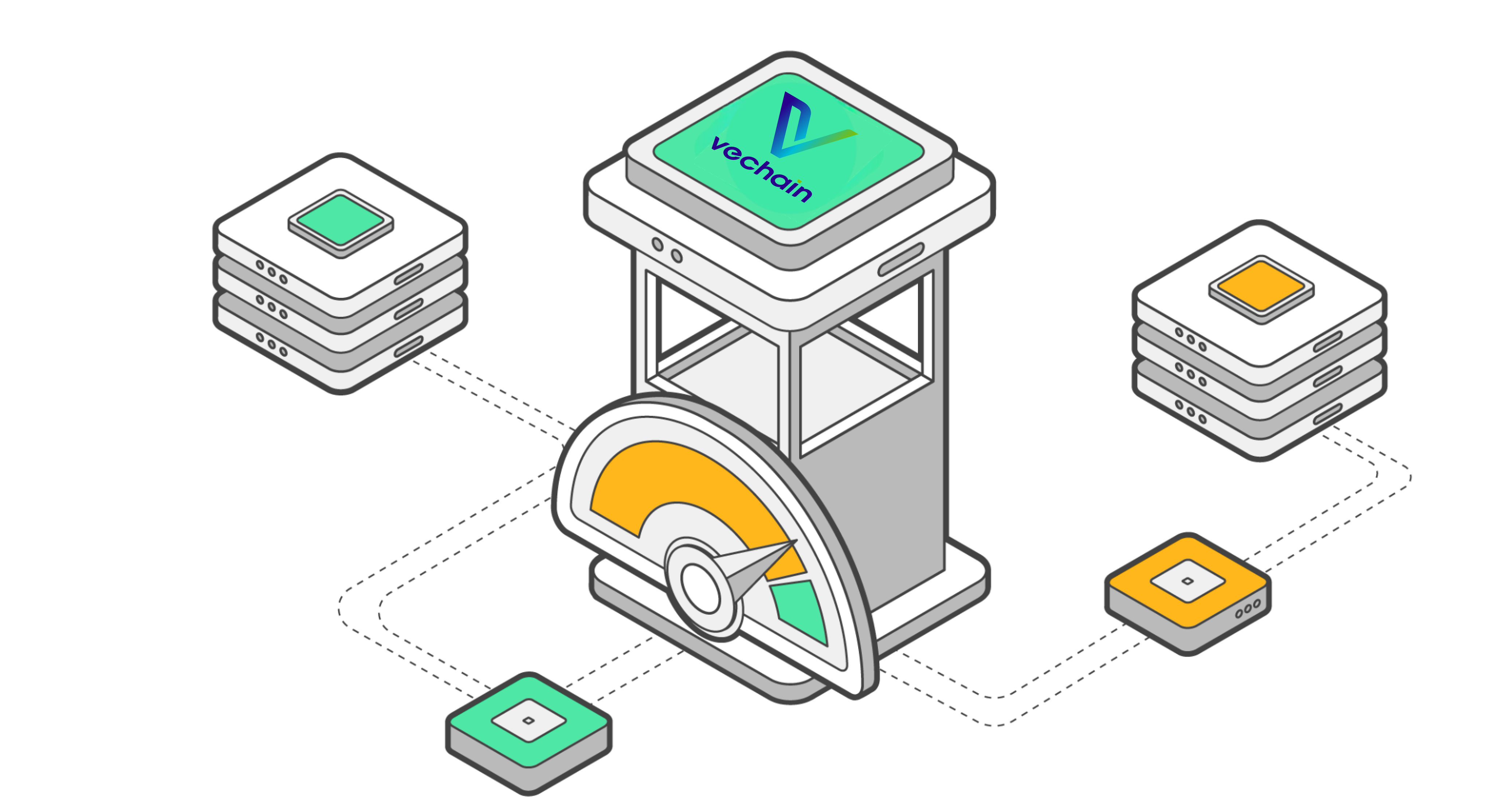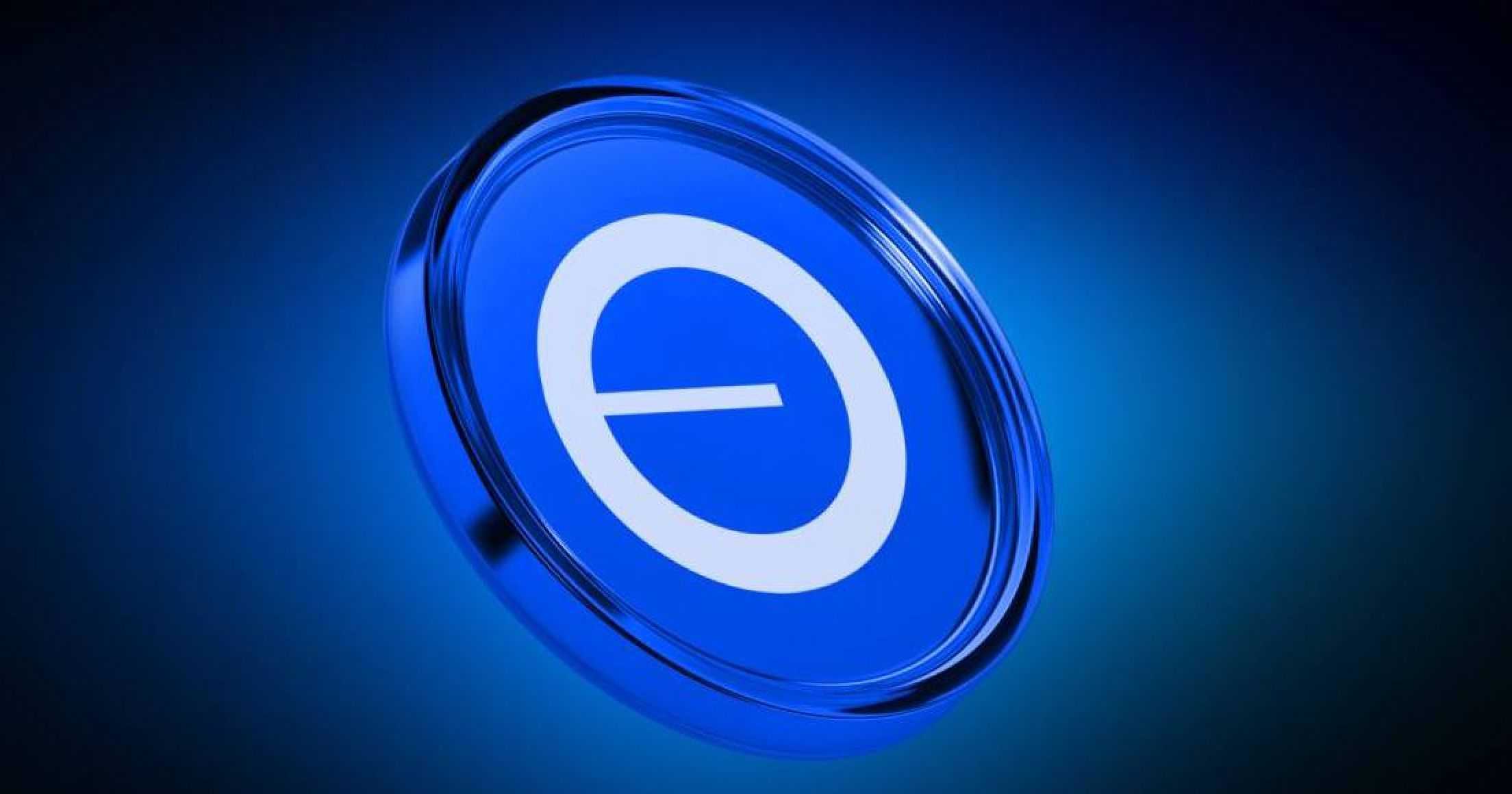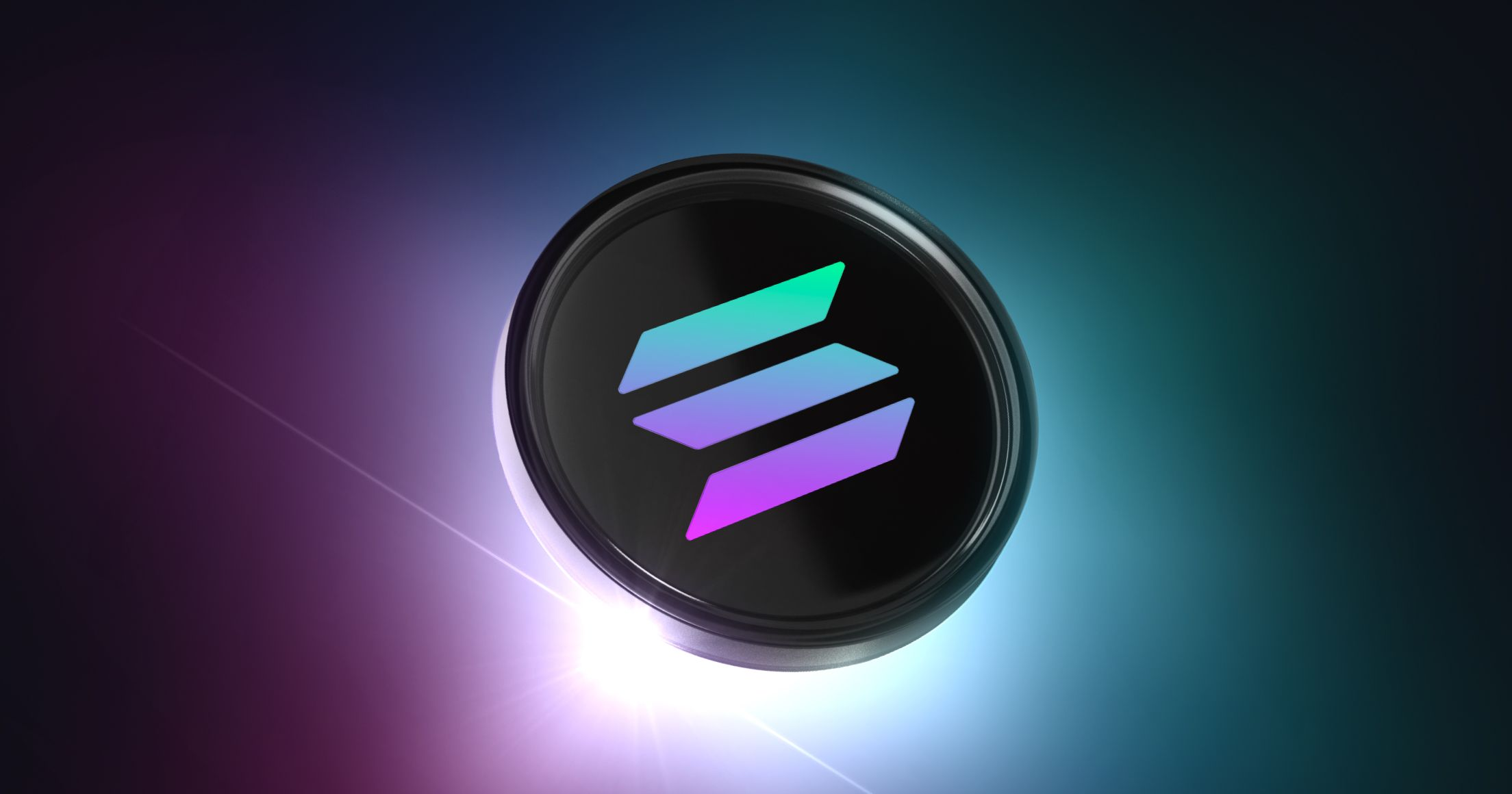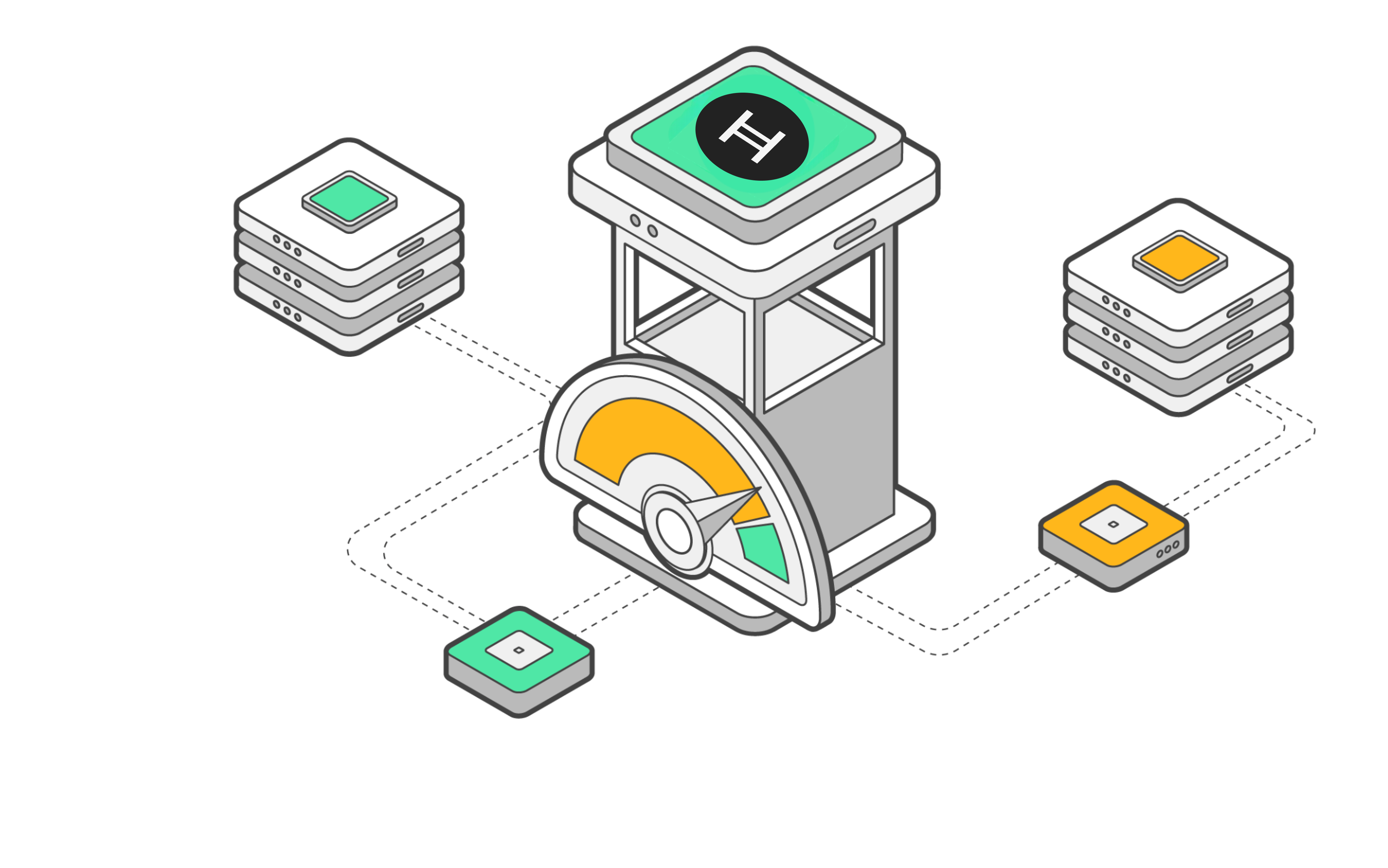
Crypto in France: The Complete Guide
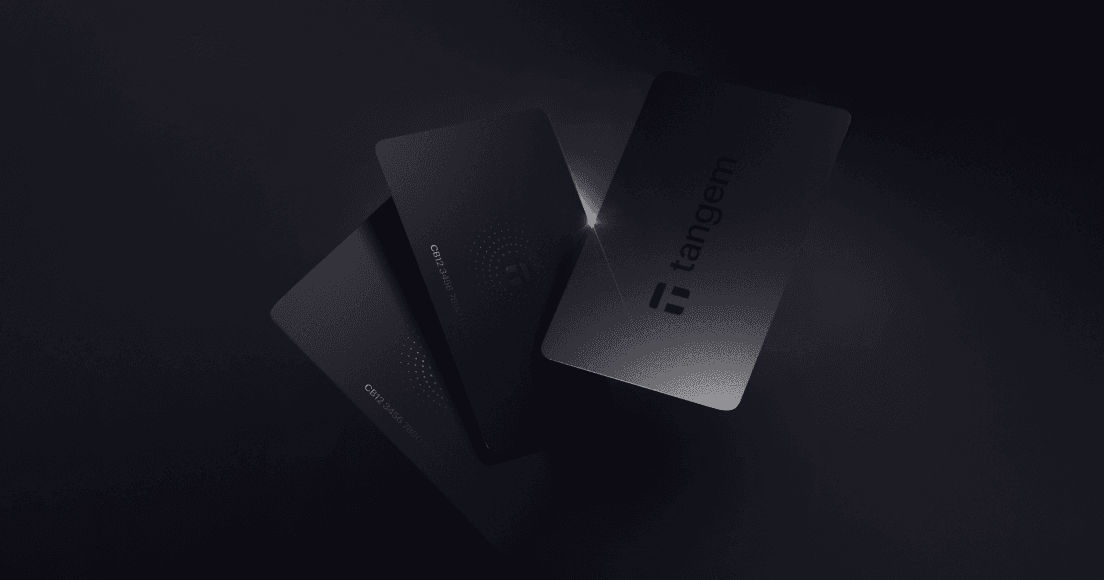
- AI summary
- Is crypto legal in France?
- How to buy Cryptocurrency in France
- Best Crypto Exchanges in France (2025)
- How to store your crypto safely in France
- Is Crypto Taxed in France?
- Is Crypto Mining Legal in France?
- How to Buy NFTs in France
- Future of crypto in France
- FAQs: Crypto in France
- Final thoughts
AI summary
France has established itself as a leading European hub for cryptocurrency, offering a regulated environment under the AMF and the EU’s MiCA framework, which ensures legal compliance, strong investor protection, and clear tax obligations. Buying, storing, and trading crypto—including NFTs—is straightforward through licensed exchanges, with secure storage options recommended to protect assets. The country’s ongoing innovation, government support for digital finance, and balanced regulation position France as a major player in the future of crypto adoption and development.
France has emerged as one of Europe’s most active cryptocurrency hubs, with Paris leading as a fintech and blockchain innovation center. The Autorité des marchés financiers (AMF) regulates exchanges and service providers, ensuring compliance with strict AML and investor protection.
At the same time, the EU’s MiCA framework provides clear rules for trading, custody, and stablecoins. Cryptocurrency in France is legal and widely adopted, with millions owning Bitcoin, Ethereum, and other digital assets. From registered exchanges to Digital Euro trials, France combines strong regulation with innovation, making it easy and safe to buy crypto, explore altcoins, or understand local tax obligations in 2025.
Is crypto legal in France?
Yes, cryptocurrency is legal in France and operates under clear regulations. The Autorité des marchés financiers (AMF) requires all exchanges and service providers to register and comply with strict anti-money laundering (AML) and know-your-customer (KYC) rules. These measures ensure that cryptocurrency regulations in France align with European standards and provide strong investor protection.
France has also fully adopted the EU’s MiCA framework, which improves transparency for stablecoins and sets uniform rules for service providers across the EU. In addition, the Banque de France plays an active role in testing a Central Bank Digital Currency (CBDC) through Digital Euro trials. These experiments explore wholesale and retail use cases, positioning France as a leader in Europe’s push toward regulated and innovative digital finance.
How to buy Cryptocurrency in France
Here’s a guide for buying crypto in France with Tangem:
- Get Tangem Wallet: Buy the card/ring, install the Tangem app (iOS/Android), and set up your wallet.
- Open the app, tap Buy, and select the crypto (BTC, ETH, etc.) and the amount in EUR.
- Select provider and payment: Tangem integrates services like Mercuryo or Simplex. You can pay via debit or credit card, Apple Pay/Google Pay, or SEPA transfer.
- Verify ID (KYC): Required by providers for most transactions.
- Confirm & receive: Crypto is sent directly to your Tangem wallet address.
- SEPA transfers often have 0% fee; cards carry higher costs.
- Providers set limits and require ID checks under French regulations.
- Crypto is received directly in your self-custody Tangem wallet.
Best Crypto Exchanges in France (2025)
Exchange | Supported Coins | Fees | Pros | Cons |
|---|---|---|---|---|
Coinhouse | 50+ | 1.5% trading | Paris-based, AMF licensed | Higher fees than global exchanges |
eToro France | 70+ | Spread-based | Social trading, stocks + crypto | Limited advanced tools |
Kraken | 200+ | 0.16%–0.26% | Low fees, strong security | UI less beginner-friendly |
Binance FR | 350+ | 0.1% | Deep liquidity, wide range | Regulatory scrutiny |
Coinbase | 150+ | 1%+ | Beginner-friendly, secure | Higher fees |
How to store your crypto safely in France
Storing your crypto after purchase should be your top priority.
Risks of Keeping Crypto on Exchanges
Exchanges can face hacks, insolvency, or sudden regulatory restrictions. You rely on a third party if you leave your funds on an exchange. You need a personal crypto wallet in France to own your crypto fully.
Types of Wallets
- Software Wallets: Popular options like MetaMask, Trust Wallet, and the Coinhouse app let you store and trade crypto directly on your phone or desktop. These wallets offer convenience and easy access, but they remain connected to the internet, which makes them more vulnerable to hacks.
- Hardware Wallets: Many French investors prefer hardware wallets such as Tangem and Ledger for maximum security. Unlike software wallets, these cold storage solutions keep your private keys offline.
Tangem hardware wallet is really convenient with its NFC card that fits easily in your pocket. It’s easy to use, tough against physical damage, and eliminates the hassle of traditional seed phrases. Plus, Tangem helps keep your crypto safe from hacks and exchange risks by storing your funds offline.
Is Crypto Taxed in France?
Yes, crypto tax in France applies to all gains from selling, trading, or converting crypto into euros.
Tax Rate and Rules
- France imposes a 30% flat tax on capital gains (the “Prélèvement Forfaitaire Unique”).
- Occasional traders pay this flat tax, while professional traders may face income tax rates based on their tax bracket.
How to Calculate Crypto Tax
The FIFO method (first in, first out) applies to calculate gains. You must declare your annual profits on your tax return. Several tools, including Waltio, Koinly, and TaxBit, simplify crypto tax filing in France. These services automatically track transactions and calculate crypto tax obligations.
Is Crypto Mining Legal in France?
Yes, crypto mining in France is legal, but not very profitable due to high electricity costs.
Mining Regulations
The government allows mining but places strict oversight on environmental impact. With growing energy concerns, France encourages green mining initiatives and renewable-powered projects.
How to Mine Crypto in France
To mine Bitcoin in France, you need specialized hardware:
- ASIC miners (efficient but costly)
- GPUs (mainly for altcoins)
To increase your chances of consistent rewards, you can join international mining pools such as Slush Pool, F2Pool, or ViaBTC.
How to Buy NFTs in France
Once you have crypto in your Tangem wallet, follow these general steps:
Enable NFT support in your Tangem app if it’s not already on. This lets you see your NFT collection.
Go to an NFT marketplace (e.g., OpenSea).
Use WalletConnect to connect your Tangem wallet to the marketplace. On OpenSea, for example, you click “Connect Wallet” → choose “WalletConnect” → follow prompts.
Browse the marketplace, find the NFT you want.
When you click “Buy now” or a similar option, the marketplace prompts you to confirm via your connected wallet.
You’ll need enough crypto to pay for the NFT and gas/transaction fees. Be careful because on the Ethereum mainnet, gas can be expensive. Sometimes choosing a lower-fee chain (Polygon, etc.) helps.
Confirm the transaction (via the Tangem card as required), sign it. Once the blockchain confirms, you own the NFT.
Remember that NFT taxation in France falls under the same crypto capital gains rules, so profits from NFT sales are taxable.
Future of crypto in France
The future of cryptocurrency in France appears highly promising and full of potential. The government actively supports the Digital Euro initiative, which aims to modernize and make payments more efficient across the country. The Autorité des marchés financiers (AMF) is enhancing its oversight capabilities while encouraging fintech company growth. Paris continues establishing itself as a prominent European hub for cryptocurrency, attracting numerous startups and hosting major blockchain conferences. Institutional investment in digital assets is rising, and retail participation is also steadily increasing. As France carefully balances the need for effective regulation with a desire to foster innovation, the outlook for cryptocurrency adoption in France is optimistic, likely resulting in a future where strong regulatory compliance coexists with broader mainstream acceptance.
FAQs: Crypto in France
Is cryptocurrency legal in France?
Yes. Crypto is legal but not legal tender. The euro remains the only official currency. Crypto services must register with the AMF under the PACTE Act.
How are crypto service providers regulated?
Providers (called PSAN/DASP) must register with the AMF, comply with AML/KYC rules, and now align with the EU MiCA regulation.
How is crypto taxed in France?
- Private investors: Flat 30% tax (12.8% income + 17.2% social charges) on disposals.
- Exemptions: Gains below ~€305/year.
- Mining/staking: Often treated as income.
- Pro traders: Taxed under regular income brackets.
- Foreign accounts: Must be declared.
Do small or occasional users need to report?
Yes. Even if gains are small, foreign accounts and disposals must be reported. Non-compliance risks fines.
What is MiCA, and how does it affect France?
MiCA harmonizes EU crypto rules. New providers must comply from Dec 2024; existing ones have until July 2026.
How are NFTs, staking, and DeFi taxed?
- NFTs: Sales/disposals taxed as capital gains; creators may be treated as businesses.
- Staking/Airdrops: Generally, investment income.
- DeFi: Complex; often taxable as income or gains depending on activity.
Can crypto be used for payments in France?
Yes, if a merchant accepts it. But it’s not legal tender, and using crypto counts as a taxable disposal.
What are the penalties for non-compliance?
- Undeclared accounts: fines.
- Tax evasion: large penalties or criminal charges.
- Unregistered providers: AMF sanctions.
How does French law classify crypto?
As movable property (biens meubles), not currency. Taxed as digital assets.
What’s changing in 2025?
- Wider MiCA enforcement.
- More focus on DeFi/staking/NFT tax treatment.
- Stronger AML rules across the EU.
Final thoughts
France combines strong regulation with growing adoption, making it one of Europe’s most important crypto markets. Whether you want to buy Bitcoin in France, explore altcoins, or trade NFTs, you can do so legally and securely. To protect your investments, never leave funds on exchanges. Instead, use a reliable crypto wallet like Tangem to safeguard your assets in France. With clear rules, innovation in Paris, and participation in the Digital Euro project, France will remain a key player in the global crypto landscape.

